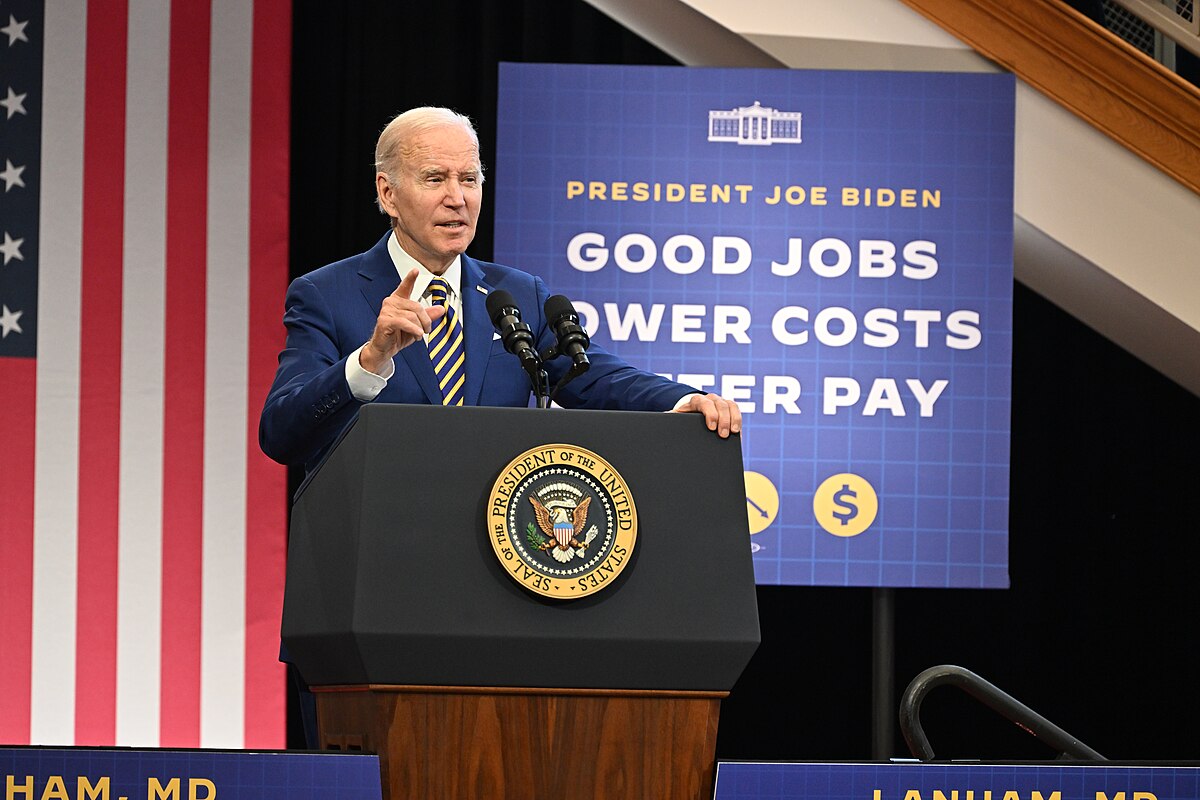This piece originally appeared in The American Prospect. Read the original here.
If there’s one thing the Washington Post Editorial Board can be counted on for, it’s offering the most milquetoast takes possible on important issues. Whether tsk-tsking liberals for warning about voter suppression in Georgia—a column that triggered the resignation of Jonathan Capehart from the editorial board (he retained his position at the Post), who was the board’s only nonwhite member—or endorsing student loan forgiveness while chiding President Biden for executive overreach, the Post has a knack for embodying the most irksome nominally left-of-center tendencies: tepid support on key liberal issues, but only as long as they’re done the right way, and a constant need to stick it to the left, even (perhaps especially) when they’re on the same side.
A column from a couple of weeks ago about “Bidenomics” captures how the editorial board’s approach displays sly political maneuvering and incredible naïveté. In the piece, the board seems to approve of the president’s economic agenda, before sliding into the classic entreaty for everyone to please just get along and be nice. Why, oh why, can’t the president pursue his political agenda without making it so political? Why, the board wonders, does he have to find fault with those who’ve created and defended the very economic dysfunctions he wants to change:
“But, as he sharpens his economic pitch, Mr. Biden should resist the temptation to score political points with populism that is likely to sound inauthentic coming from someone first elected to the Senate 50 years ago, and who represented the most corporate-friendly state in the union.”
Biden’s sin, apparently, is that he’s making a politically compelling case for his reforms. Recent polling shows that 61 percent of U.S. adults place “a lot” of blame on “large corporations seeking maximum profits” for inflation and their economic woes—a nine-point increase from last fall. Counter to the Post’s corporate apologism, it’s a great time for Biden to be leaning into populist economic messaging. No one likes the Post’s list of “banks, oil companies, pharmaceutical manufacturers, cryptocurrency traders, hedge fund managers, airlines and hotels” that it leaps to defend.
It’s also ridiculous to argue that Biden should not improve his stances on corporate accountability because he didn’t hold those stances in the past. The majority of Biden voters were voting for him based on who he is and what his stances are now. Besides, Biden should hold different views than he used to; it shows he’s willing to respond to the economy of 2023, which is different from the economy of 1972, when he was first elected to the Senate. It shows he’s navigating shifting public opinion. Many of the most populist parts of the president’s agenda came from his more progressive primary opponents (Warren and Sanders) and represent novel and popular ways for Democrats to deliver on key policy issues.
Biden seems genuinely and unapologetically invested in these policies; his appointments at key agencies speak volumes. Jennifer Abruzzo at the NLRB, Lina Khan at the Federal Trade Commission, and Gary Gensler at the Securities and Exchange Commission have all implemented populist Bidenomic measures with zeal. Biden himself has also championed a number of populist economic policies, including reinvesting in industrial policy and supporting workers’ efforts to unionize.
Editorials could plausibly argue that even Biden’s efforts are “not enough,” pointing to entrenched inequality, market consolidation, corporate profiteering, and much more. These systemic issues only make the case for doubling down on Bidenomics’ most populist and political features, not softening them.
If current economic trends continue, Biden will head into his re-election campaign with stable prices, a strong job market, and a growing labor movement. Despite underwhelming approval numbers—which is hardly unusual in these hyper-polarized times—he is now in a position of relative strength on economic policy. He should feature that in his campaign.
Moreover, the public is very sympathetic to the argument that corporations are the source of many of our current economic woes. If Biden doesn’t blame them, he’s not just failing to take advantage of the situation, he’s swimming against the current unnecessarily. But to hear the Post tell it, President Biden needs to work to make a fair economy without ever calling out the people who rigged it in the first place:
“Mr. Biden won in 2020 by promising to be a president for all Americans, and that’s how he’s governing. He’s delivering results for red, blue and purple states. For the health of the nation’s civic culture, this is also how he should campaign.”
No, this is not how Biden should campaign. It’s not at all clear that the 2020 election was won by promising to be bipartisan; Biden’s victory had to do with running against the most corrupt and dangerous president in our history. Trump is the exact sort of law-flouting, corrupt, unaccountable businessman that apostles of “Bidenomics” should name and shame, not wine and dine. More importantly, being a president for all Americans does not mean refusing to fight when necessary. Naming the enemies of the common good is powerful and necessary if the common good is to be revived.
Biden needs to pick public fights with overreaching corporations. Not as a show for re-election, but because the country is overflowing with miscreants who need to be taken to task. The executives of Amazon and Starbucks violate their workers’ rights and break the law in their union busting. You cannot be an advocate for the American people without making enemies of their exploiters.
Lamenting division is just another way for centrists to nominally support popular priorities while still trying to slow-walk change, making sure that run-ins at Café Milano aren’t awkward. The country needs President Biden to do what the Post editorial board won’t: value the well-being of everyday Americans over being chummy with the rich and powerful.
Image Credit: “President Biden economic development event (52692358106)” by Maryland GovPics is licensed under CC BY 2.0.

